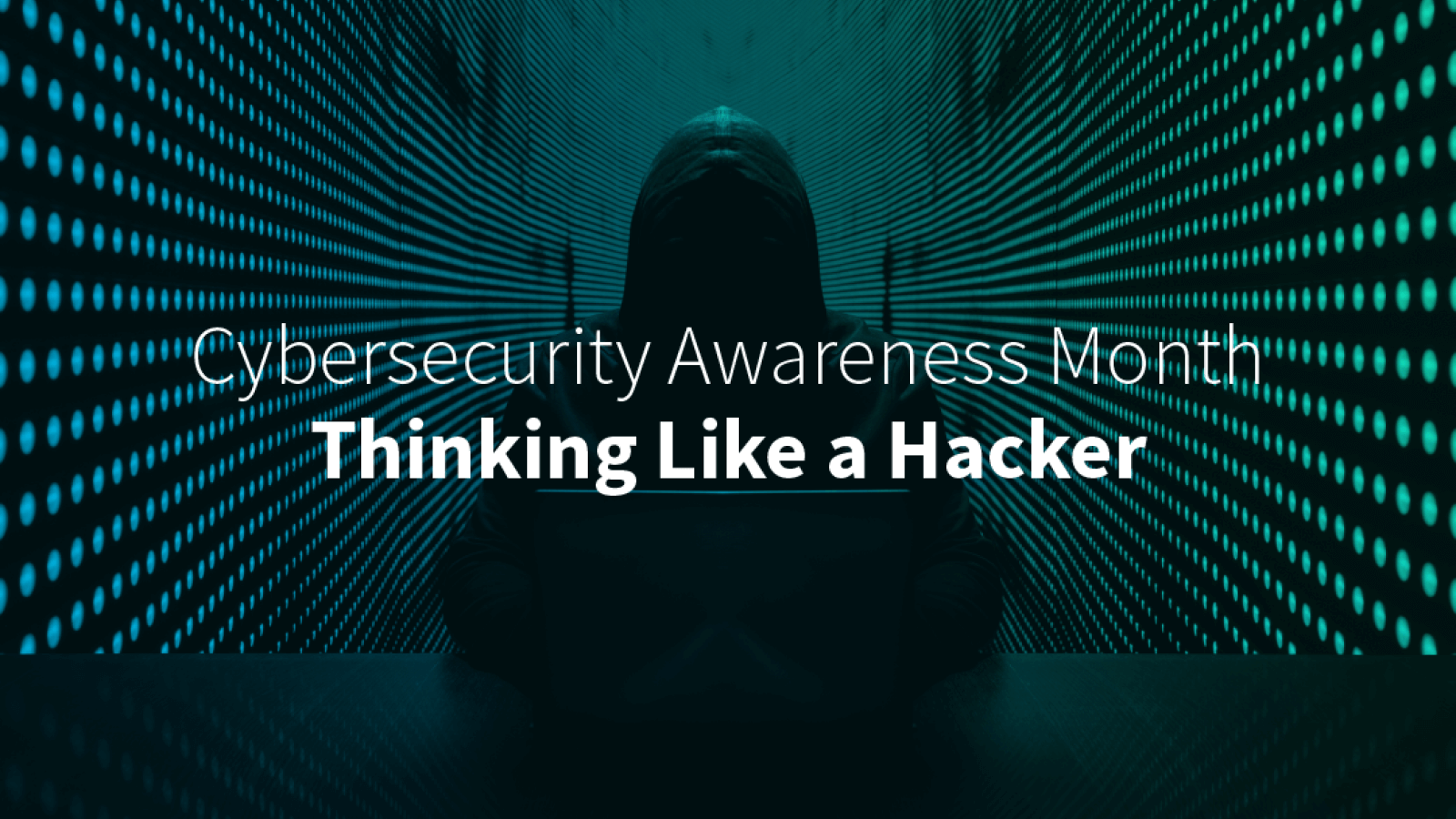In my last post, I talked about the marketing element of this year’s Cybersecurity Awareness Month and how to focus your message around getting your audience to understand that they are the hero of their own cyber journey. Now, let’s talk about why you’re a hacker – and what it means for your sales strategy.
What is Hacking?
At its core, hacking is about getting what you want in spite of the rules. But it didn’t always have that connotation. Traditionally, hacking was about finding alternate uses for interesting tools. The MIT Tech Model Train Club is often credited with coming up with the term, as they consistently “hacked” discarded electrical equipment to better automate model trains. It used to mean something akin to inelegantly cobbling together technologies that aren’t designed to work together cohesively into a clever solution that just so happened to function. In fact, an even simpler definition might have been “clever inelegance.”
The Evolution of Hacking
Over time, the term hacker evolved. You could “hack” payphones to make free long-distance calls by blowing into the whistle included as the free toy in a Captain Crunch cereal box, which just so happened to be the exact 2600Hz the phone systems needed to hear to allow hackers to call anywhere for free. That evolution continued as computer hackers looked for ways to skirt the system just to prove they could, often defacing websites as social proof. It wasn’t long before hackers slid down the slippery slope.
What started with leaving pictures of dancing hamsters drifted to taking entire companies offline as a form of retaliation. Eventually, hackers succumbed to the temptation of stealing personal data like credit card and bank account numbers. Once word got out of the originally tight-knit hacker community that you could build a substantial profit without physically breaking and entering, crime syndicates began to get involved. That’s when the term truly started to change. Why? Because with great power comes great responsibility.
Thinking Like a Hacker
Think about the times when you’ve failed. We all have at some point. We’ve all given into temptation. We’re human, we fail. But we also succeed, and we have other people in our own personal and professional spheres to help us stand back up and set us on the right path. Thankfully, the definition of a hacker has begun to swing back to something that’s closer to the original, morally neutral meaning rather than being associated primarily with malintent.
Now think about the times when you’ve found an inelegant, clever solution to a tough problem. If you stop and think about those times, I’ll bet you smile as you remember. You’re probably proud of how clever you were when you found the answer. It’s that dopamine hit that makes being a hacker so fun and addicting. Why? Because you figured out a solution, and it wasn’t pretty, but it worked. It worked!
Integrating Your Hacking Skills into Your Sales Strategy
See? You actually know more about hackers than you think you do. Because hackers are just clever people, and you’re pretty darn clever. You know people, and you know how they operate. You know how to make the rules work for you and you know how to lightly skirt the rules when you need to.
Now, consider how you can apply those hacker skills of yours to your sales strategy. How can you circumvent the rules ever so slightly to achieve the intended solution? There is no one way to hack your way into the security market to begin finding even bigger opportunities. There is no single or correct path to finding the answer to a customer’s difficult challenge, no matter how inelegant it may be. Does it solve their business challenges? Will it help them secure their organization against harmful threats? Does it provide a foolproof and well-rounded security strategy that acknowledges both risks and recovery?
As a salesperson, it’s up to you to hack your way into your customer’s buying cycle to understand their weaknesses, and then help them solve them! By thinking like a hacker and seeing their vulnerabilities, you can acutely understand what specific technologies and features are necessary to shore up their organization against security threats.
You’re a hacker. It’s a part of your nature. As Cybersecurity Awareness Month continues, start thinking like a hacker and discover the impact this new mindset can have on your sales strategy and business.
Check back soon for the next part in my four-part series on Cybersecurity Awareness Month, where I dive deep into what it means for an organization and how to achieve a true impact in a company’s security strategy and protection this month!

